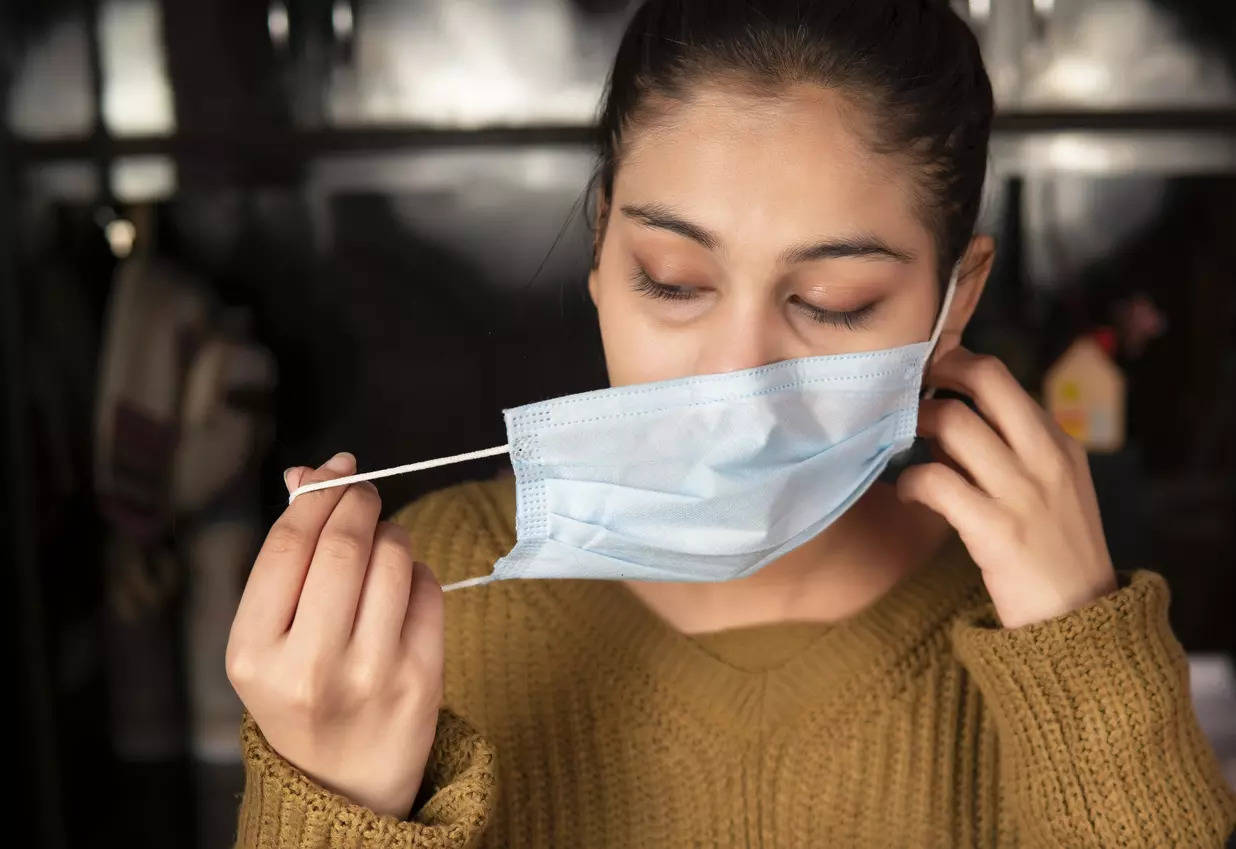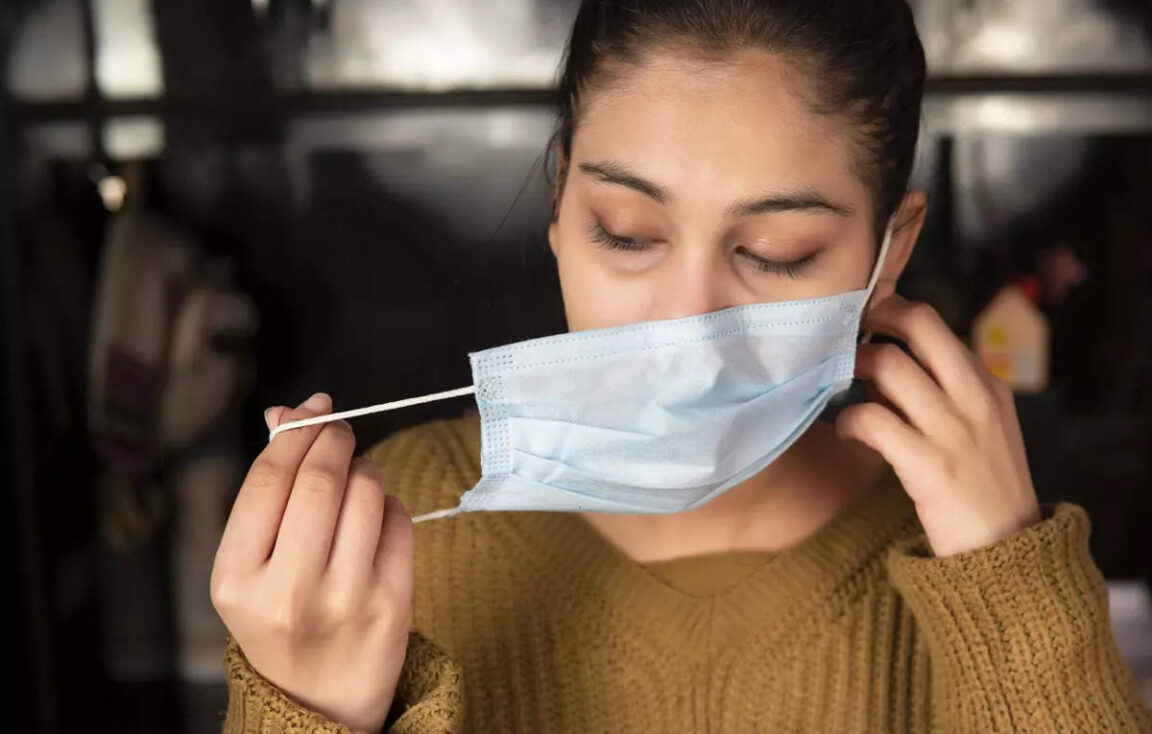
New Delhi: ‘Tobacco causes painful death,’ reads a cigarette pack warning. A newer warning: ‘Tobacco users die younger.’ We could apply similar statutory warnings to our air. A new Indian Council of Medical Research (ICMR) study attributes 1.7 mn deaths in 2019 to air pollution, with COPD (chronic obstructive pulmonary disease) as the leading cause (32.5%), followed by ischemic heart disease (29.2%), stroke (16.2%), and lower respiratory infections (11.2%). Delhi-NCR’s notorious air quality may grab headlines. But air pollution, whether people are willing to believe it or not, is a national crisis.Climate change isn’t helping. A 2024 Nature study reveals how climate change alters atmospheric circulation and precipitation, worsening air quality over the Indo-Gangetic Plain (IGP). The ICMR report identifies usual suspects for the pollution load: industrial emissions, vehicular exhaust, road dust, construction activities, waste burning, fireworks and solid fuel use for cooking. But all this seems very abstract and part of ‘Third World’ daily life for most of us. For many PLUs, ‘pollution kills other people’. For ‘other people’, it’s just ‘how it is’.
Perhaps India’s breathers can be shaken out of their torpor and fatalism by underlining what the ICMR report underscores: our bodies are affected by filthy air, our lifespans are shortened. Air pollution kills. Policymakers should heed what WHO stated at COP29 in Baku – place health at the core of the climate agenda. Citizens should stop breathlessly comparing AQI levels and, instead, insist that for the sake of their well-being, concerns about dirty air enter the ‘body politic’ that authorities and vote-seekers are forced to first address, and then try and fix.


